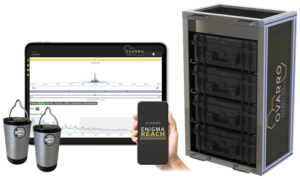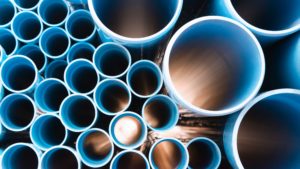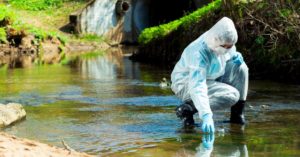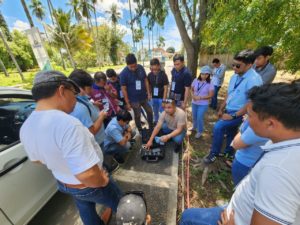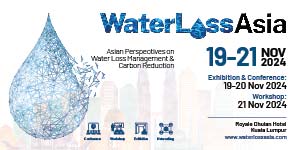Update Gives Insights into Non-acoustic Leak Technologies
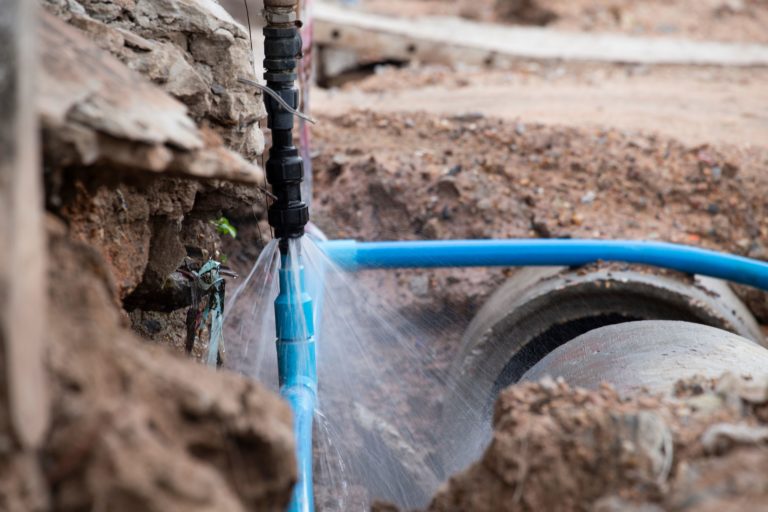
Update Gives Insights into Non-acoustic Leak Technologies (Image source: Ovarro Ltd.)
Emerging and novel techniques were also investigated, with a roadmap of future tools that may become available, together with a discussion of the issues faced in research, development and innovation and ways to bring new technologies to market more quickly.
The existing non-acoustic methods summarised in the report, which have been trialled or deployed, are satellite and radar-based techniques, pressure transients, in-pipe survey devices, thermal imaging with handheld devices and drones, temperature monitoring, sniffer dog detection, fibre optics and gas detection.
Investigations into the implementation and outcomes of these trials has enabled the project team to create best practice guidance, which forms part of the report. Its key recommendations are for water companies to follow as rigorous and systematic a process as possible and “to be aware of the weaknesses in their current leakage detection technologies, so they can target trials on these weaknesses rather than seeking general solutions”.
The novel techniques and technologies summarised in the report, that are mostly at proof-of-concept stage, include quantum gravimetry, time domain reflectometry and turbidity monitoring.
Alan Cunningham, Ovarro software delivery manager and report co-author, said: A number of technologies have emerged since UKWIR’s 2016 study into non-acoustic leakage technology, which have been trialled and, in some cases, adopted by water companies.
It was felt that further investigation into the effectiveness of these methods was required, as well as an overview of individual trials that have taken place, including looking at why some rollouts of non-acoustic technologies had been successful while others had struggled.
We hope the collaborative study will provide the industry with a better understanding of which existing leak detection techniques are likely to be the most suitable in particular situations, which emerging technologies have potential to make an impact, and where best to channel resources for innovation projects.
In terms of the novel technologies highlighted, while they are mostly at concept stage, it is helpful to get a picture of what might be possible in the future.
Jeremy Heath of SES Water, the UKWIR programme lead on leakage, said: Water leakages from pipes pose a significant environmental and economic problem and tackling this issue is one of UKWIR's strategic priorities.
Part of the problem is finding underground leaks which are not showing on the surface. By collecting all the latest findings and best practices on non-acoustic detection methods into a single resource, we can assist water companies in making informed decisions about long-term leakage reduction strategies.
This will lead to more successful trials and innovative projects, ultimately safeguarding our water supply.
The project combined the outputs of a literature review and water company questionnaire with the outputs from two workshops, bringing together water company representatives, suppliers and academics.
As part of a refreshed strategy, UKWIR has identified seven mission-based themes which align with the UK 2050 Water Innovation strategy themes, including ‘providing the services society needs, expects and values’. Each research theme has a mission and aims, aligned with UKWIR Big Questions and UN Sustainable Development Goals for global impact.
Source: Ovarro Ltd.

